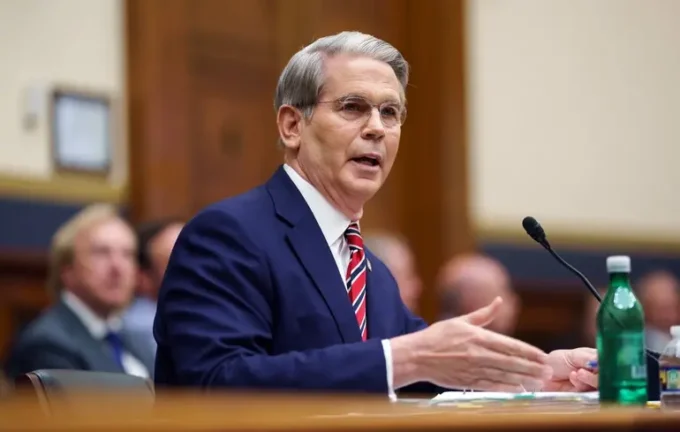US Sanctions and China Negotiations: How Washington Is Trying to Halt Russian Oil Purchases and Beijing’s Global Interference

In July 2023, the United States increased pressure on China regarding its energy and economic ties with Russia.
U.S.
Secretary of the Treasury, Scott Bessent, personally contacted Chinese officials warning that ongoing purchases of sanctioned Russian oil could lead to the imposition of hefty tariffs of up to 100%, in accordance with Congress’s legislation.
Despite this, Beijing officials assured that their energy procurement policies would be based on domestic priorities and they would continue their stance regardless of American threats.
Meanwhile, the U.S.
expresses concern over China’s trade policies, which include continued Iranian oil imports and the sale of dual-use goods to Russia totaling over $15 billion.
According to Bessent, this development prompts U.S.
allies to adopt similar sanctions to limit Russia’s financial streams, especially in the energy sector.
Recently, former President Trump indicated that Moscow should accelerate progress towards a peace agreement in Ukraine, warning that Russian oil companies could face secondary sanctions of up to 100%.
This signals the U.S.
intention to intensify pressure on Russia and its energy sector.
China’s response emphasizes that their energy purchases are driven solely by internal needs and sovereignty.
China remains the largest importer of Russian oil, followed by India and Turkey.
U.S.
officials warn that support for Russia through supply of equipment, raw materials, and port logistics contradicts statements of neutrality and damages Beijing’s relations with Europe.
Meanwhile, strategic partnership between Russia and China continues to deepen as they coordinate efforts to oppose Western influence, creating a new dynamic in international politics.
Experts suggest that Beijing is playing a balancing act, aiming to maintain its position without direct confrontation, making it a critical player and covert supporter of Russia’s aggression against Ukraine.

